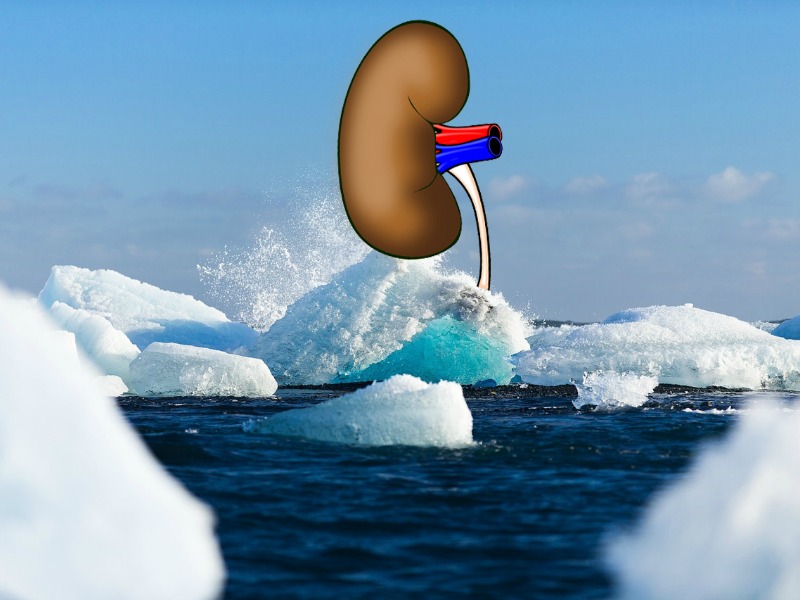Climbing global temperatures may be causing an outbreak of chronic kidney disease
Climbing global temperatures may be causing an outbreak of chronic kidney disease, according to US researchers
The findings, published in the Clinical Journal of the American Society of Nephrology in May, suggest that rising temperatures are causing a condition called heat stress nephropathy, which may be a major cause of CKD.
Global temperatures have risen about 0.8°C over the past century, as have the number of heat waves, heat-stroke incidents and water shortages.
Meanwhile, reports have emerged of CKD outbreaks in regions of the world where strenuous manual labour is performed under very hot conditions.
CKD caused by recurrent heat exposure, physical exertion and inadequate hydration is distinct from that caused by diabetes, hypertension or glomerulonephritis.
By examining the clinical similarities between patients in different parts of the world, researchers from the University of Colorado and the La Isla Foundation in the US were able to tie the CKD epidemics to heat stress nephropathy.
In Central America, Sri Lanka and India patients usually presented with asymptomatic elevations in serum creatinine with normal BP and minimal proteinuria – all indicative of heat stress nephropathy.
Individuals with nephropathy were also more likely to be agricultural workers from very hot locations.
“We propose that heat stress nephropathy may be a major cause of CKD, representing an overlooked disease in neglected populations in hot communities,” the authors wrote.
“Heat stress nephropathy may represent one of the first epidemics due to global warming.”
The authors said the disease is having a disproportionate impact on vulnerable populations and called for a coordinated effort from governments and researchers to improve working conditions.
While the CKD epidemics in Central America, India, and Sri Lanka are associated with recurrent heat stress, the authors said more study was needed to determine if this mechanism is causal and was happening in other hot regions, such as in the Middle East and Africa.


